

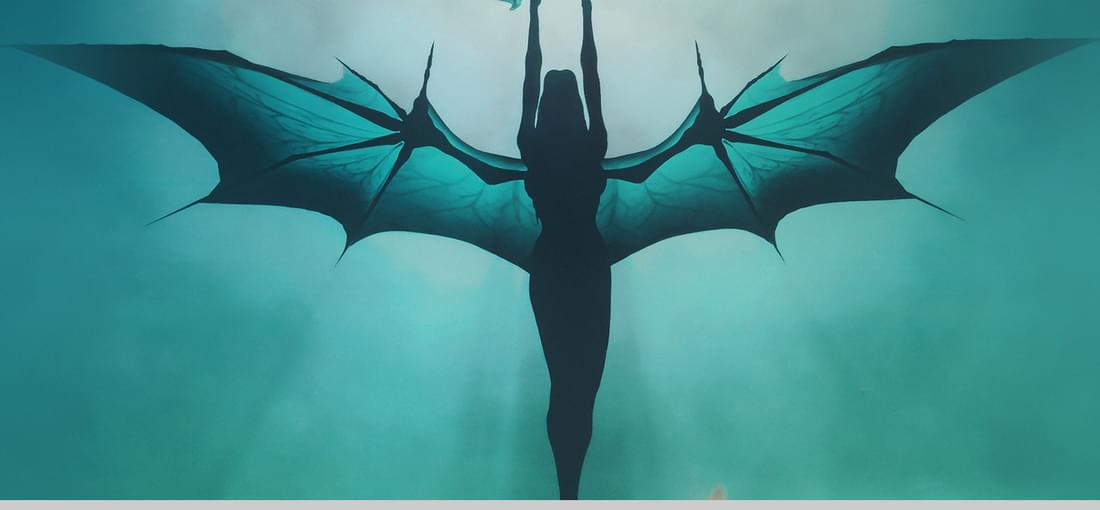
Battlespire's original release marked a leap forward in graphics and art design for the series. However, even its best aspects would be difficult to appreciate by most players today. The gameplay is a watered-down dungeon crawl. Combat feels clumsy and is sometimes unsatisfying. The game does not offer worthwhile opportunities for role-playing outside of a Battlemage-like class with a complimentary player race choice. Several standard RPG character statistics can be neglected with no penalty. This suggests that Battlespire could have benefitted from forcing players to play with Battlemage attributes, rather than offer a false sense of freedom. Eventually I found myself enjoying the gameplay under these constraints. There did remain critical bugs that harshly impacted my experience. Also, the multiplayer component was uninteresting. The art direction of Battlespire is generally appropriate. There is a constant supply of strange and eccentric demon sprites to observe throughout the campaign. It can be gratifying to see a difficult enemy phase out of existence during their death animation. The early-3D era graphics offer some charm, aside from the serious glitches associated with level geometry. While the player character sprites can be nicely drawn, they can later get overwhelmed with ugly equipment sprites. The music is serviceable for the eerie atmosphere of the environments. It mostly consists of droning ambiance or is outright absent. The sound design is also acceptable, helping the combat to function. The story is straightforward, perhaps too much for what is considered a role-playing experience. There are a couple choices to make, but they don't affect the story meaningfully. The lore building is what drives the narrative experience, specifically for fans of the Daedra Princes and related demonic lurkings. Without the association with the franchise, this game could have been labeled shovelware. Battlespire is only recommended for dedicated fans of TES.
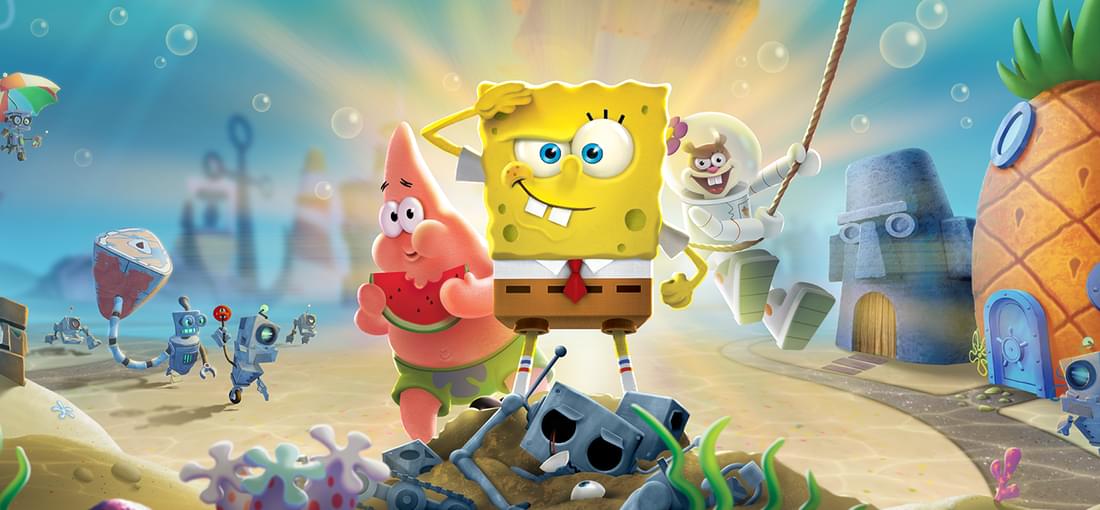
It seems this is one of the few opportunities to get a legitimate copy of the game's soundtrack, both original and remastered, in lossless or compressed versions. As a fan of the original game's soundtrack it's great to get an official copy in WAV format!
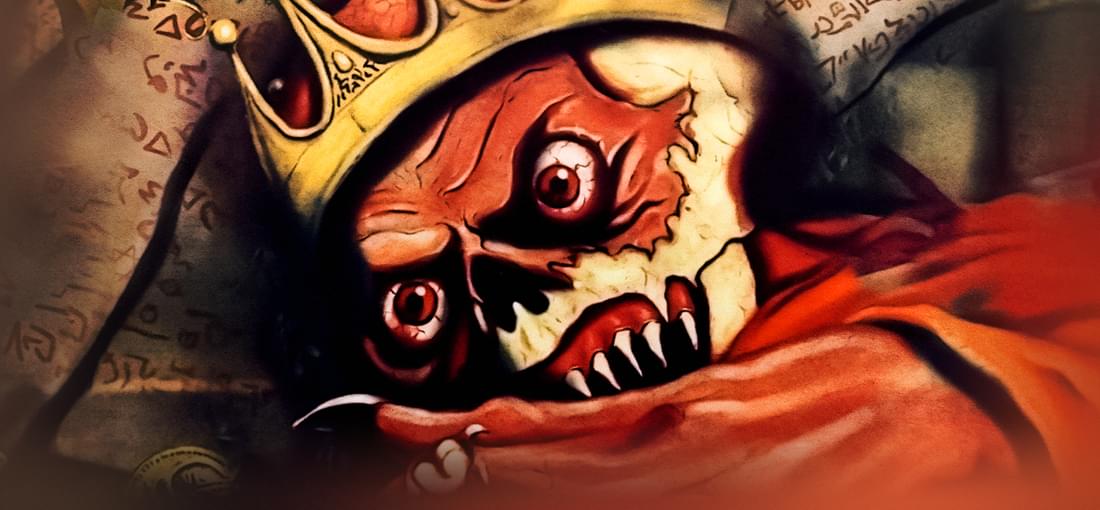
This game was groundbreaking in its day and is refreshing to play today. Its world is enthralling, its mechanics are complex, and its dungeons are a real challenge to crawl. The gameplay and combat are dated but stay true to classic role-playing. Making one's own class from scratch is fun and surprisingly balanced. The world is huge, host to many details and interesting locales. The dungeons are an entire dimension more involved than every other TES game, and they are often rewarding to complete. The copious amount of loot, opportunities to cast fun spells, and quest progress from exploring dungeons all make it well worth the tribulations. The guilds and reputation system are also great. Glitches remain amok in the DOS version, but they never seriously hindered my experience. Graphics and art design are much more consistent than in TES: Arena. The outdoor environments are immersive, enemies now look more menacing, and the design of the final quest area is unique and memorable. There still remain some textures that are a little ugly or were overused, but the game remains a pleasant visual experience. The music in Daggerfall is great. It carries over several medieval melodies from Arena with reinstrumentation and extra touches that lead to a great atmosphere for the game. Much of the daytime town themes are wonderful and catchy. There are a few tracks that are repetitious, such as the inn music or a dungeon theme or two. The story and lore serve as the true foundation for the rest of the franchise. While the letter-based storytelling and pacing can get confusing, the story itself is very interesting and allows many chances to role-play and make impactful decisions. Daggerfall is a truly special RPG, helping me gain a greater understanding and appreciation of TES's roots in tabletop role-playing. Modern games of this genre must take better note of the concepts demonstrated here. I recommend Daggerfall to anyone interested in playing an engrossing, classic RPG.
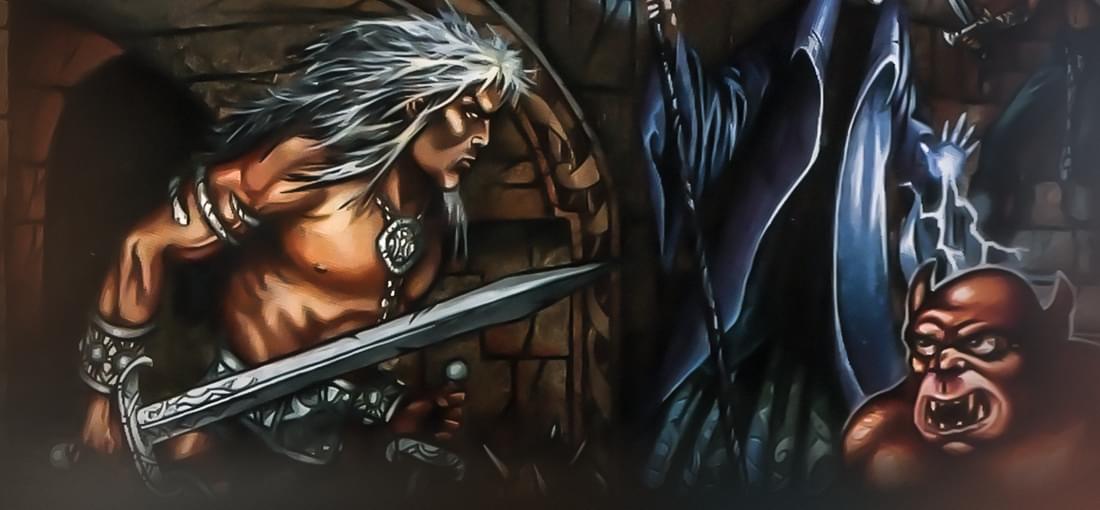
As someone new to CRPGs, Arena was a decent introduction to both the genre and its franchise for me. Several aspects of the game have aged like cheap goat milk, yet it is playable and enjoyable enough to see through to the end. The open world and dungeon designs are impressive and complex. It is clear that the development team had some sophisticated generative tools at their disposal to create both hand-crafted and randomized maps. This complexity prompts the player to take full advantage of the included guides. The township environments lack depth but are often charming. The gameplay remains a passable first-person dungeon crawl. The combat system is underwhelming, as it is rarely satisfying to dispatch foes. The game also places a signficant bias on Mage-based classes, such as the Sorcerer. It seems best to max a character to earn one-hit kills and overpowered shields early in the game. There also remain several game-breaking bugs in the latest version. The graphics are a mixed bag. One moment there can be scenic backdrops of townships and arial views of forboding dungeons. Next there can be enemy designs that look like cheap Halloween costumes and wall textures that look like fresh garbage. The cutscenes are often just looped animations with voiced text. The story itself is barebones but suffices to motivate the player to have a full tour of Tamriel and pace out its main dungeons. The soundtrack has a few memorable tracks, specifically the daytime town themes and dungeon ambiance. Some annoying songs are present, such as the music played at town inns. In terms of sound design, the game fares rather poorly. Sound is often uninformative and almost absent during combat. There are also sound mixing issues, especially during cutscenes. Given that Arena is free and very playable on DOSBox, I recommend it to those interested in the series' roots or the underlying tech that made the franchise successful.
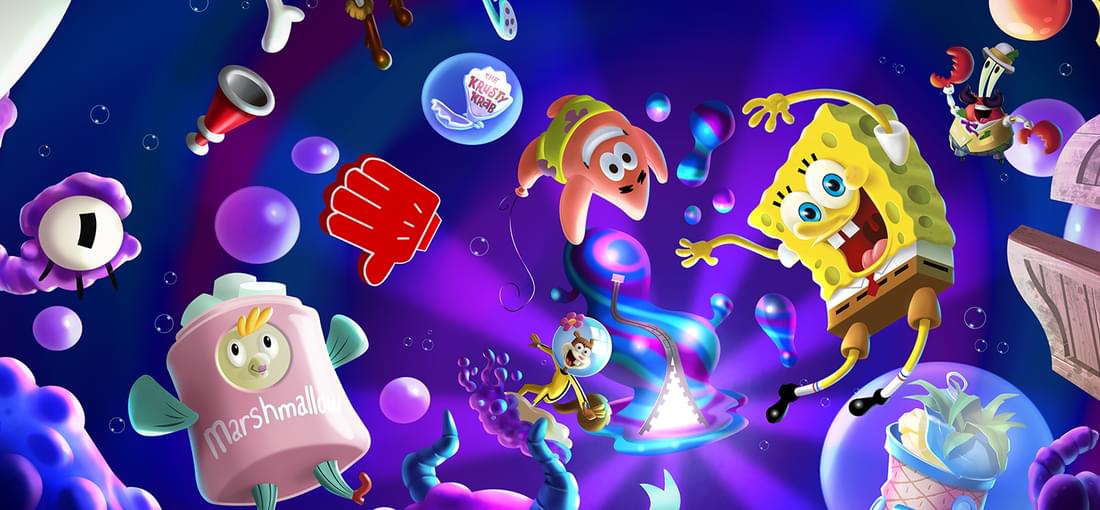
The Cosmic Shake incorporates the best aspects of the Spongebob Squarepants platforming video games from the 2000's. It has the honor of formally being the spiritual successor to Battle for Bikini Bottom (BfBB), hosts improvements over The Movie tie-in game from 2004 (the previous successor to BfBB), and has the creativity of Creature from the Krusty Krab without the demented sense of humor from that particular title. The Cosmic Shake reflects its source material masterfully, while also acknowledging the niche of players who grew up with the aformentioned games. It is rare for owners of a property such as Spongebob Squarepants to have produced media with such qualities, which is something to be celebrated. The game was a joy to play through, even while playing on a dated laptop with mouse and keyboard controls. The platforming and combat aspects were executed well, despite being a bit simplistic and derivative of previous games. The levels felt open and spacious, whilst being linear to carry the narrative effectively. The game also sports a good length and replay value comparable to BfBB. The art and graphics are great, putting the game's hefty engine to good use. There is a wealth of smart asset reuses from BfBB - Rehydrated, with additional artistic nods to other Spongebob platformers. The original music is often good, while not being quite as memorable as BfBB's soundtrack. The story is a fun journey with motifs from the most notable episodes from all of Spongebob. The humor is akin to the show as well, with quips by Patrick granting several laughs throughout the experience. The Cosmic Shake is whole-heartedly recommended to anyone who enjoys Spongebob Squarepants. It is accessible to fans of the show of any age and of any background with video games. It seems unlikely that the niche of Spongebob platformer-lovers will be served something of this game's quality again soon. Much like fish, it would be best to enjoy this while it's fresh.